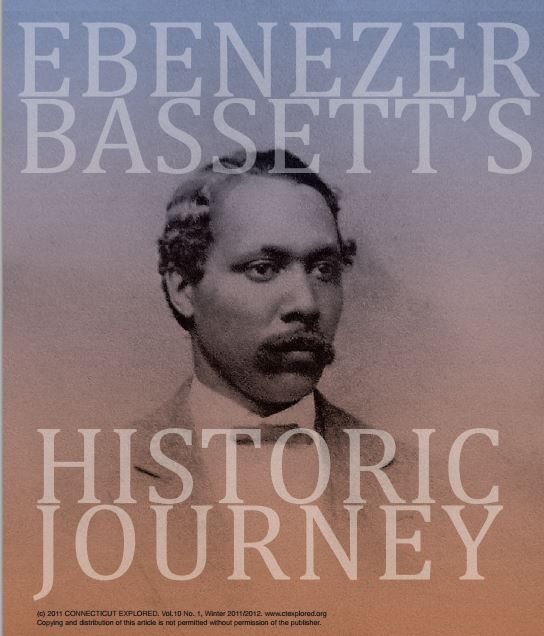Although many historians and ordinary people today assume that all free people of color in Louisiana were Creoles, it is ahistoric to assume so. In the Summer of 1812, the Louisiana legislature, in its first session as a state, enacted the incorporation of state militias, composed of “certain free men of color, to be chose from among the Creoles.” The provision excluded Americans who were free people of color. Free African Americans and Melungeons had been in Louisiana for three decades by 1812. In New Orleans, these free people of color can be found in the American municipalities “uptown.” In 1825 or 1826, Asa Goldsbury founded the First African Baptist Church in New Orleans with 20 members. Goldsbury’s congregation grew out of an earlier Baptist congregation in New Orleans with a white and a nonwhite minister catering to each separately.2
In the rural setting, a large number of American free people of color had arrived around 1790 from Virginia, North and South Carolinas and settled all over south Louisiana. Their families had intermarried for generations and knew one another before arriving in Louisiana, ensuring continued endagomy in rural south Louisiana. The Chavises (now, Chévis), Drakes, Sweats, Gibsons, Nelsons, Johnsons, Ashworths, and others, were among these American free people of color families. John Chavis, free mulatto, native of North Carolina appears in the 1792 colonial census of the Opélousas District. But he and his wife, Rachel Keys, also appear in Catholic parochial records in the Lafourche District in this same decade. Unlike most members of this American free people of color community, John and Rachel’s children left their parents’ community to marry into local Creole communities. Aaron Drake of Elizabeth County, Virginia, and his two sons Paul and John, all free mulattoes, registered cattle brands in the Attakapas District in 1807. In 1811, George Nelson, a free man of color from Bladen, North Carolina, married a free woman of color named Elizabeth “Betsy” Carter, widow of Robert Sweat, in Opélousas. Betsy was a native of Casswell, North Carolina. Frances “Fanny” Nelson and Gilbert Taylor Nelson, two children of George by his first marriage to Delaney Taylor married Johnson siblings David and Rebecca, natives of the Edgefield District, South Carolina, children of Gideon Johnson and Nancy Sweat. By 1830, we find this nucleic community living huddled together on Bayou Têche near Grand Côteau, on the Mermentau River, and on the Calcasieu River. Thus, Creoles and Americans of various degrees of African descent shared the same land, but separate cultural milieux and residential settlement patterns.3



























